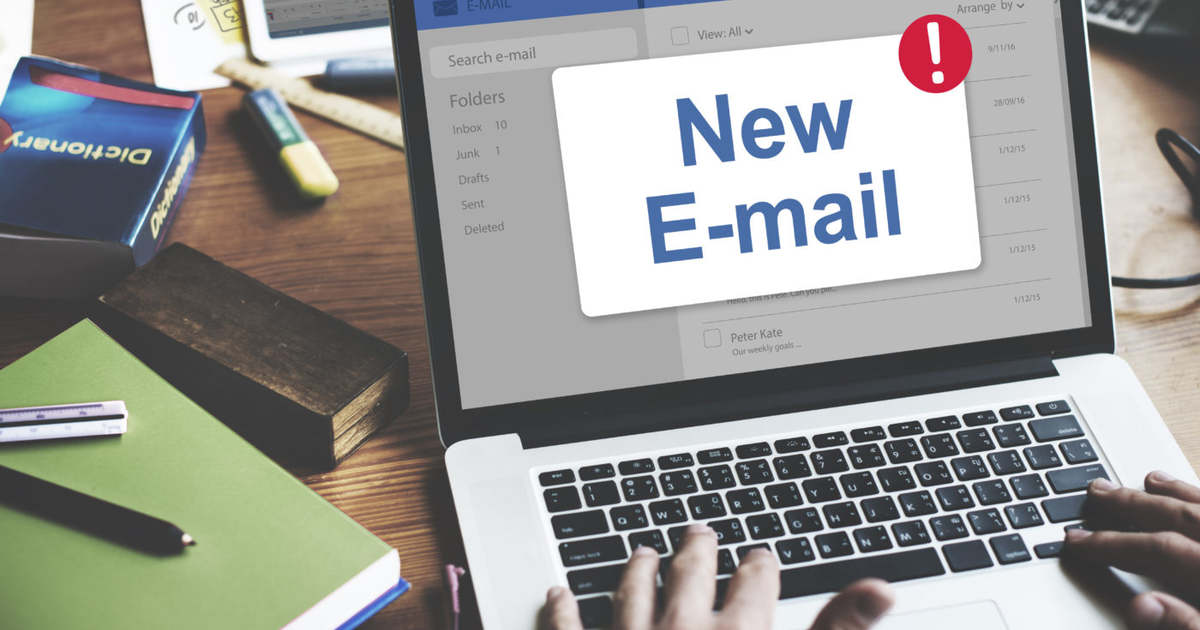Based on reports received by the Hungarian Energy and Utilities Regulatory Authority, consumers are increasingly facing phishing emails being received on behalf of some utility and energy service companies. MEKH experts gathered practical advice that can help consumers filter out fake messages.
The emails sent in order to obtain fake, fraudulent or financial gain are deceptively similar in word and appearance to the notifications we receive from our real service providers.
Wrong notifications received on behalf of utilities and energy providers, but without their knowledge, may be used to obtain our information, but fraudsters may be required to pay a bill for electricity, gas, or wasted water, which could result in material damage.
Experts from the Hungarian Energy and Utilities Regulatory Authority have now gathered practical advice that consumers should keep in mind if they want to stop fraudsters from trying.

Photo: Shutterstock
If you receive a suspicious letter indicating a service provider requesting your personal information or requesting a deposit, you should pay attention to the following:
1. Make sure that we have received a notification from the service provider with whom we have a contract, that is, the sender’s address in the email is the same as the address we used to correspond with. If we receive a suspicious phishing email indicating a service provider, please notify the real service provider and request further instructions.
2. Take into account whether you have provided your email address to your service provider in order to manage your account affairs online.
3. Remember when the last invoice was submitted, ie whether any claims for late payment settlement are relevant now.
4. Consider how we tend to reconcile our accounts. For example, if you choose direct debit, you may be suspicious of requiring a credit card payment, which will include a link. If in doubt, do not transfer funds to the account number in the email or initiate a credit card payment by clicking on the link in the email.
5. Make sure that the amount shown in the payment email is the same as what you would normally pay. The amount may be too high, but too low.
6. Let’s see what is the deadline for paying the bills. There must be 8 days between delivery of the invoice and the deadline for payment. Paying utility bills on time is basically the responsibility and obligation of the consumer, that is, we have to meet payment notifications from the real service provider on time.
7. Verify that the identifiers in the e-mail (contract number, user ID number, place of use address) match the identifiers in our contract.
MEKH draws consumers’ attention to the fact that if they have any doubts about the authenticity of the email received on behalf of a service or energy provider, be sure to contact the service provider’s customer service personnel.
More detailed consumer information about phishing email filtering can be found at the following link: http://www.mekh.hu/vigyazat-adathalasz-levelek






